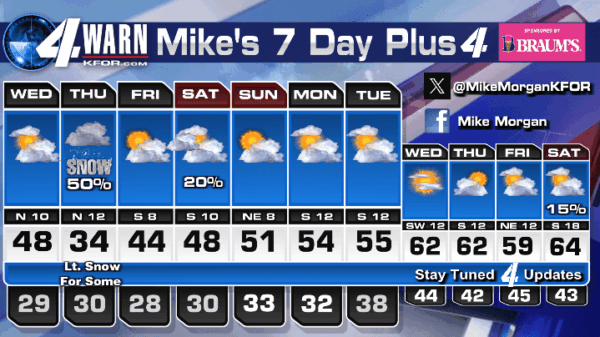UPDATE: A jury in Washington, D.C. has found Sean Dunn not guilty of misdemeanor assault for throwing a sandwich at a federal agent. The verdict, delivered on October 15, 2023, is a significant development amid ongoing tensions over federal law enforcement presence in the nation’s capital.
The incident occurred in August 2023, when Dunn allegedly hurled a “submarine-style sandwich” at a Customs and Border Patrol officer, becoming a symbol of resistance against federal actions under former President Trump. The case has captured public attention and stirred debate about the boundaries of free speech and protest.
According to court documents, Dunn confronted the agent, Gregory Lairmore, shouting, “F*** you! You f***ing fascists!” before throwing the sandwich, which hit Lairmore’s ballistic vest. The courtroom erupted in laughter when Lairmore testified about the incident, stating he could “feel it through his ballistic vest” and even had mustard stains on his uniform.
Dunn’s attorney, Julia Gatto, argued that the act was a “harmless gesture” reflecting Dunn’s strong feelings about federal law enforcement in D.C. Gatto emphasized that the sandwich throw was not intended to cause harm, likening it to a child’s tantrum. In contrast, prosecutors contended that Dunn crossed the line by using “force” against a federal officer, regardless of the object used.
The jury deliberated and ultimately acquitted Dunn, who faced the potential consequences of a felony charge before being reduced to a misdemeanor. Dunn did not testify, and his defense team did not counter the government’s arguments but instead sought dismissal of the case, which was denied by U.S. District Judge Carl Nichols.
The incident, which went viral, not only highlights the individual’s right to protest but also raises questions about the limits of acceptable behavior during such expressions. Following his arrest, Dunn was dismissed from his position as a paralegal in the Justice Department.
The outcome of this trial underscores the complexities surrounding protests in contemporary America, especially in a city where federal agents have become a focal point of contention. As tensions continue, many are left wondering about the implications of this verdict on future protests and the nature of civil disobedience.
NEXT STEPS: Observers will be watching closely for any shifts in public sentiment regarding federal presence in D.C. as well as potential legal ramifications for similar incidents in the future. This case serves as a reminder of the ongoing debate surrounding law enforcement practices and citizens’ rights in the current political climate.






































































